When I was a kid, I always admired my grandfather for his discipline to maintain his vinyl records and to keep them in perfect shape. He always emphasized how important it was to clean the records and store them the right way. The same principles were passed on to my father who used them to maintain and protect his vinyl collection.
These simple tips and techniques were so amazing that some records from my father and grandfather’s collection are still with me and play like brand new. It’s like a family treasure now, as the records are in so good condition, they can be passed to the later generation.
The techniques are still the same and are used by me to maintain and protect my records for longer periods.
Let’s dive into the tips that you can use to protect and maintain your vinyl records and ensure their longevity.
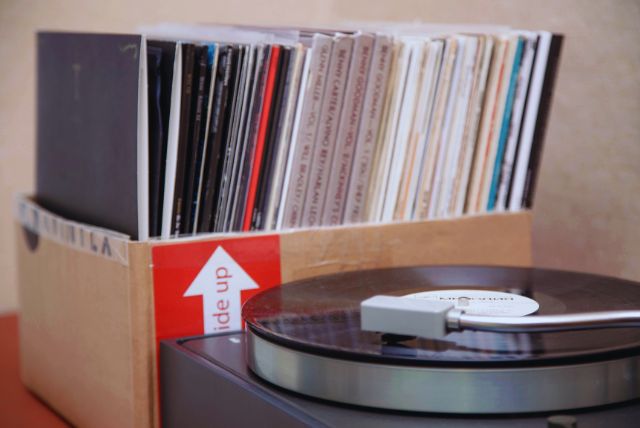
How to maintain and preserve vinyl records for long term?
keeping vinyl records clean
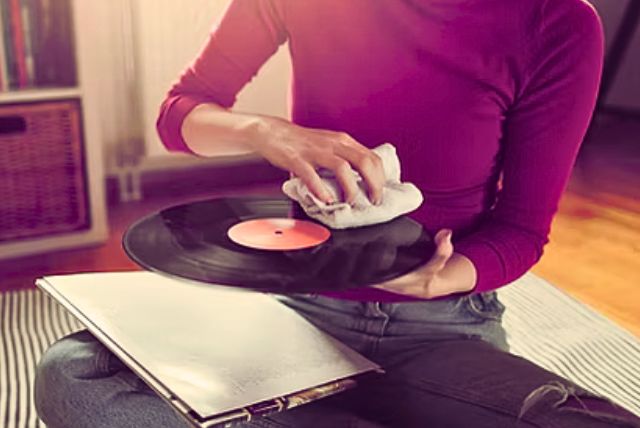
The most important thing that my grandfather told me was to always keep my records clean. To maintain good vinyl health, it’s important to clean the dust and debris from the surface so that they don’t come in contact with the needle and stick to it.
If you are going to ask me, I would recommend cleaning your record every time you play them. I am not saying that you need to use a liquid cleaning solution every single time.
A carbon fiber brush or a microfiber cloth will do the job as we are only talking about gentle dusting to remove any debris from the surface of vinyl.
Just to make your life simple, I have written some of the best ways to clean your record. You can read them here.
Handle them with extreme care
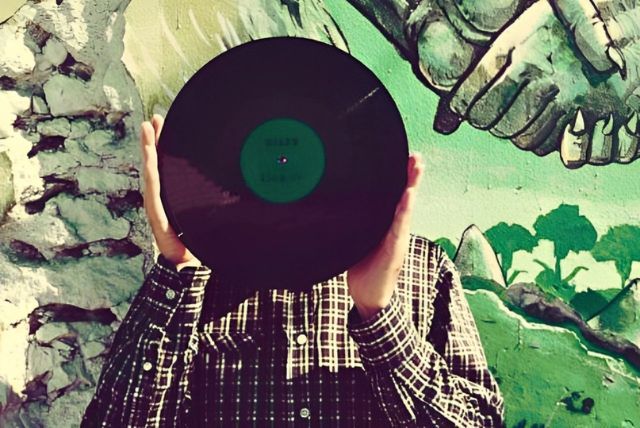
Well, I must say this is so simple yet ignored by a lot of people. While you are holding the record, NEVER I REPEAT NEVER touch the playable surface of the record. The oil on your fingers sticks to the groove and attracts dust and dirt which creates noises while playback.
The best practice is to always hold the record from the edge or the label and not from the surface. And if by accident you touch the surface of the record don’t worry, simply use a microfiber cloth and cleaning solution to clean the oil and dirt.
Be extra careful while lifting tonearm
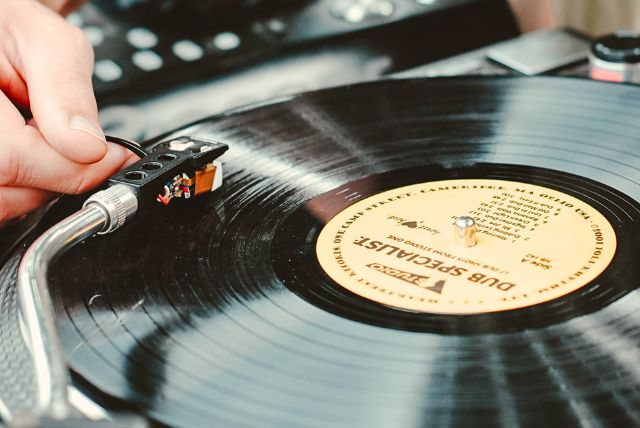
If you have a manual turntable, you need to manually lift the tonearm and place the needle on the record for playback. Please make your hands stay extra steady, because if they don’t you can easily leave a scratch on the vinyl surface.
Always use the cue lever to lift the tonearm and if possible, invest in a turntable with an automatic cueing system.
Lift the tonearm only when the platter stops spinning
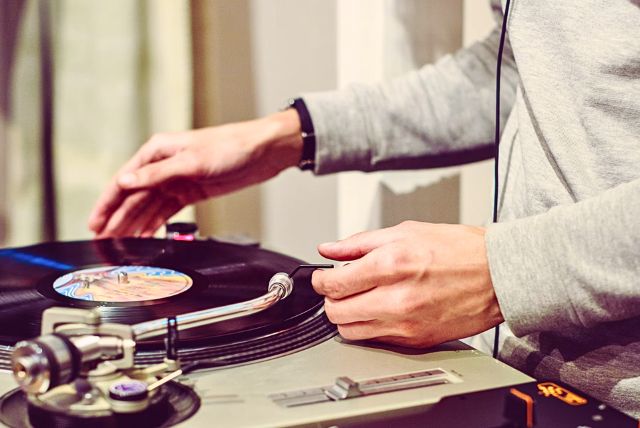
This is extremely important to protect your records from those extra scratches. Always make sure you lift the needle once the platter stops spinning and not in between.
And in case you are skipping to another song, you can simply lower the tonearm to the dead space (portion of the record where there is no recorded music) before the song. However, it is important not to apply too much downforce on the arm while skipping the song.
Store your records in a cool dry place
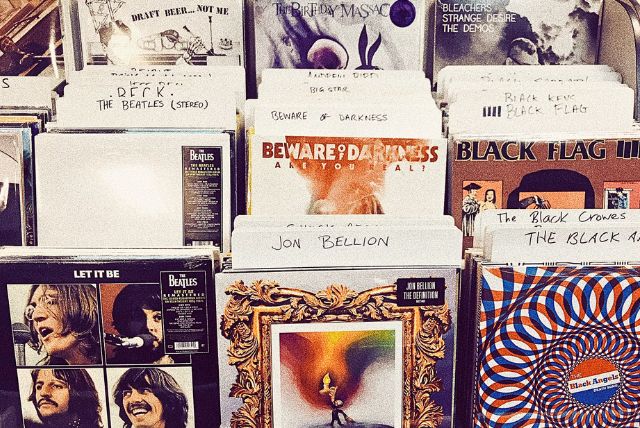
There are a few things that you need to protect your vinyl collection from:
- Humidity: Excess humidity and temperature changes can lead to mold growth that accelerates sound deterioration.
- Sunlight and Heat: Direct sunlight, specifically its ultraviolet component and extreme heat can warp (bend) the vinyl over time and result in material degradation.
Hence, always make sure you store your records in a cool and dry place. In my room, I have a dedicated cabinet just to store my records in a way that they don’t come in contact with direct sunlight and are protected from the humidity and excess heat.
Fun Fact: Unlike digital formats, vinyl records are protected from issues like file corruption and can last up to decades.
File them vertically and never stack them
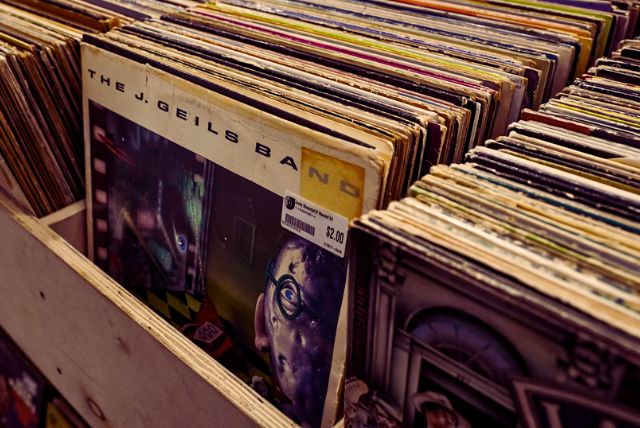
If you are a bit lazy like I used to be and are making the same mistake of stacking the records on one another as I did, PLEASE STOP RIGHT NOW. Records are heavy and when you stack them on each other, uneven pressure is applied that results in warping.
Some of my favorite albums got damaged due to this silly mistake. I recommend filing the records vertically and if possible, using paper sleeves for that extra protection.
Get paper sleeves
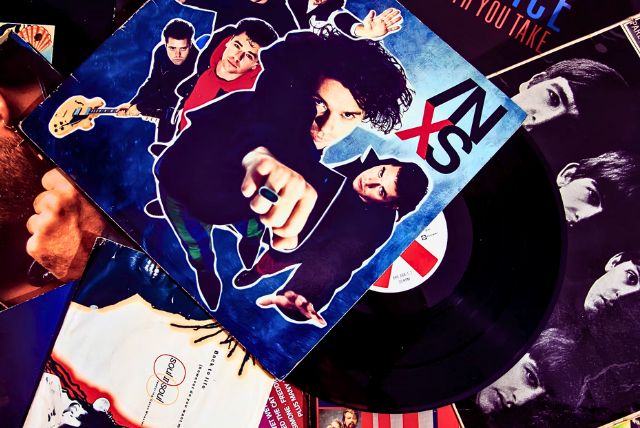
Most of the record today comes with paper sleeves but if yours don’t, definitely get some. Paper sleeves reduce the risk of dust and dirt settling on the vinyl surface which increases its longevity.
Additionally, a plastic outer sleeve is a good idea since it protects the jacket and prevents dust from getting inside your vinyl.
Final Tone
These were some of my family secrets that I just shared with you. This knowledge was passed on from one generation to another and now it’s shared with you. I have been following these tips and using the same techniques to maintain my vinyl records.
If you have any other technique or tip other than the ones I shared, or your grandfather was a big vinyl enthusiast like mine and shared some of his maintenance secrets with you. Don’t forget to share them with me in the comments.
I promise I will keep them a secret. 😀
Frequently Asked Questions
Q. What is the lifespan of a vinyl record?
While certain factors can affect a vinyl record’s lifespan, such as storage, sunlight and how clean you keep it, a well-maintained vinyl record can last up to 100 years.
Q. Does sunlight damage vinyl records?
Absolutely! Sunlight’s UV rays can heat vinyl records, causing them to warp and get damaged. It’s best to keep them away from direct sunlight to preserve their quality.
Q: How should vinyl records be kept?
Vinyl records should always be kept vertically in an upright position to protect them from damage.
Q: What destroys vinyl records?
There are certain factors that can damage vinyl records, such as high temperatures, direct exposure to sunlight for prolonged periods, moisture and humidity, dust and dirt, and improper storage.


